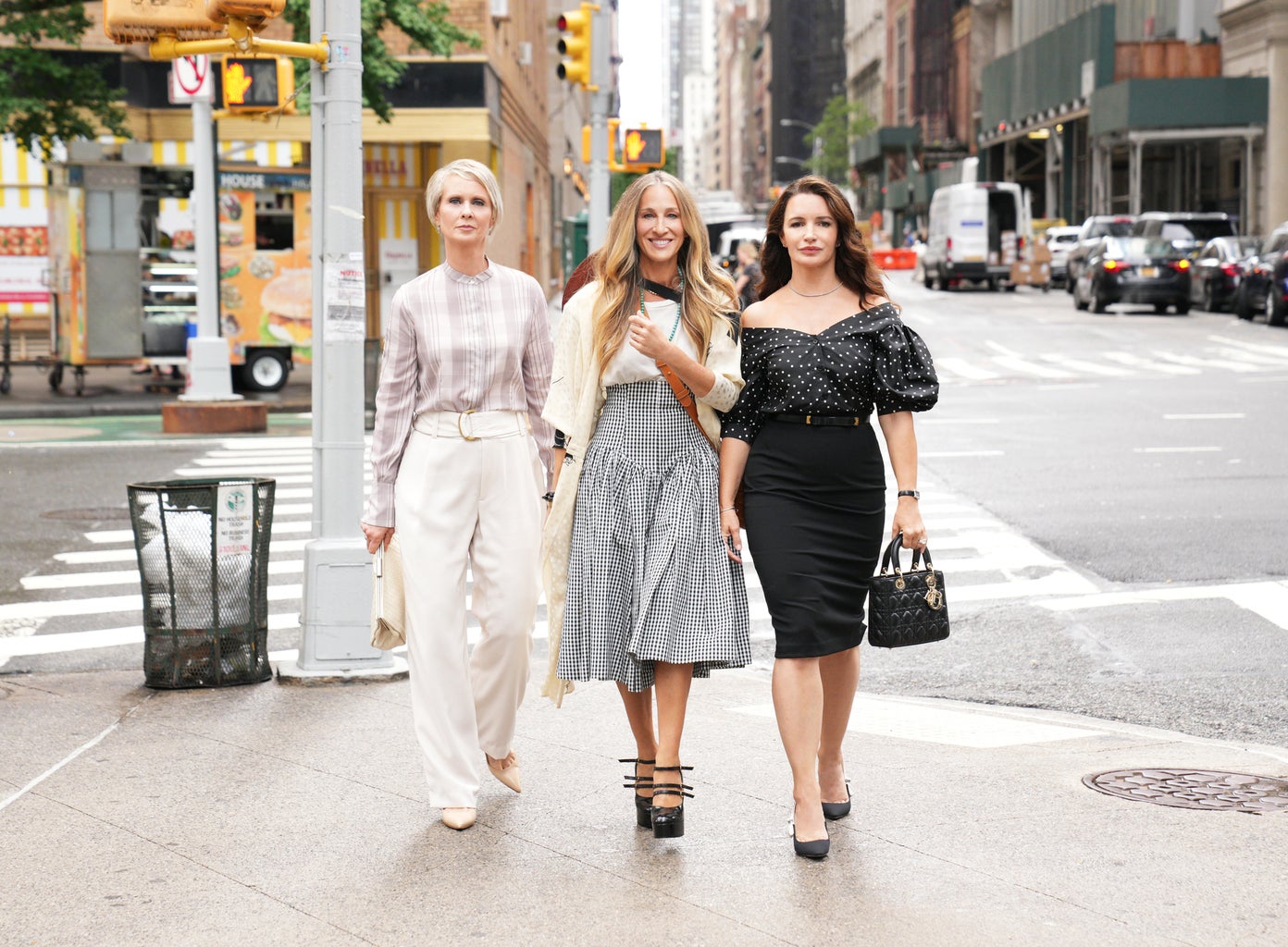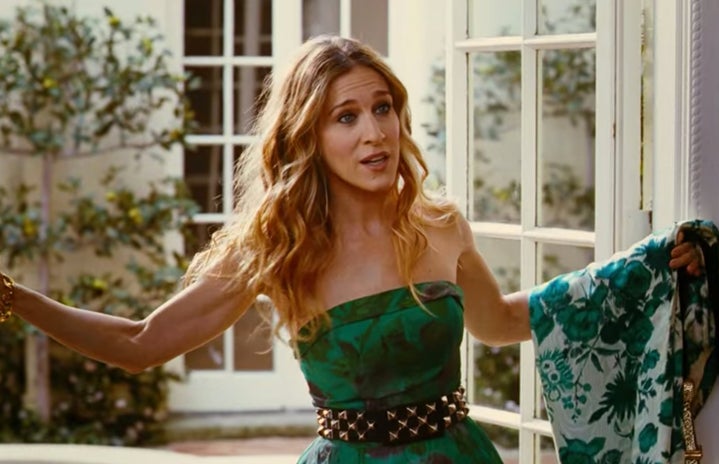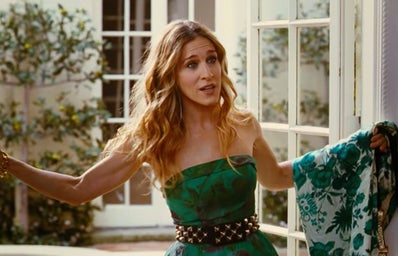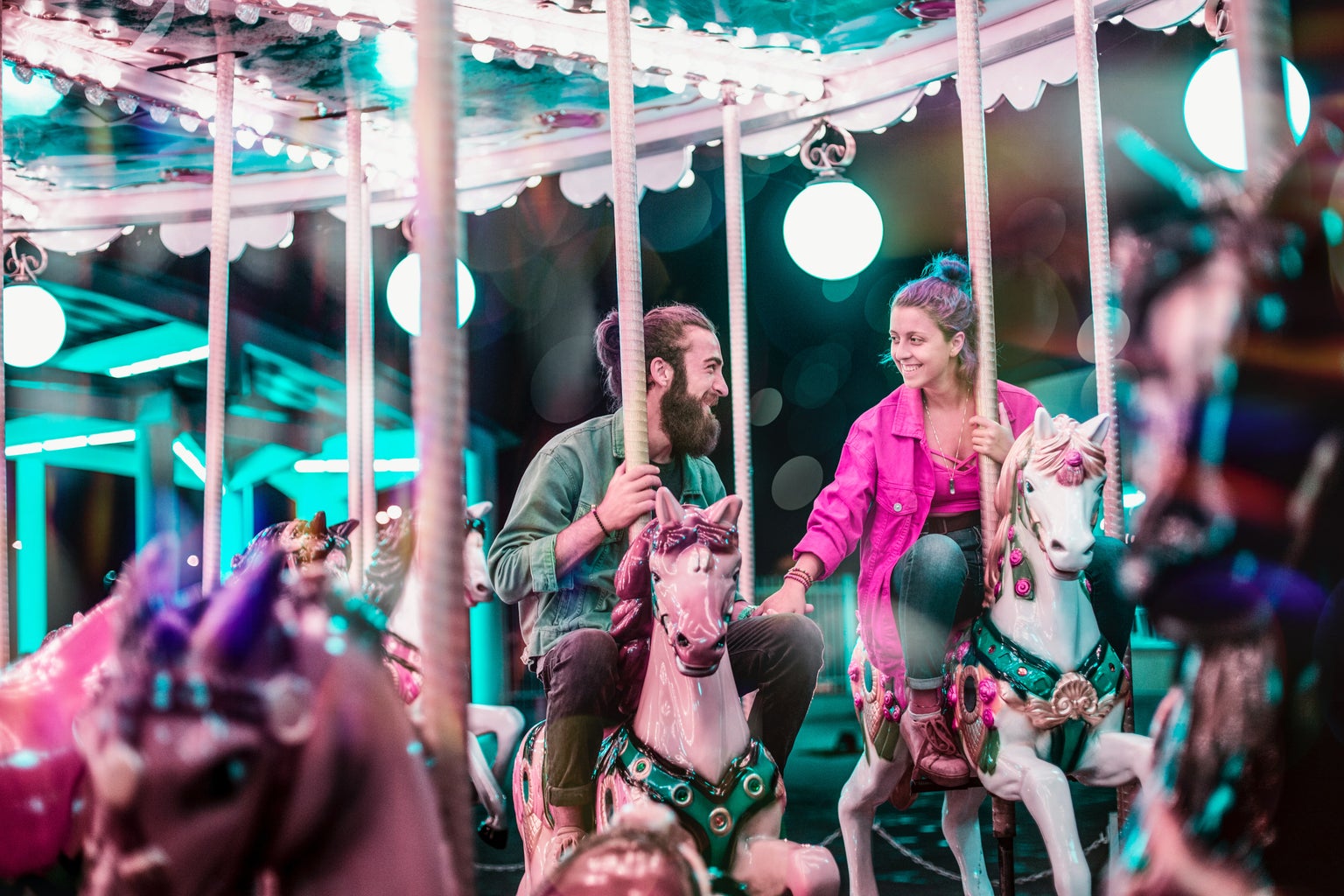No matter how far we get, the human being will always want more. It’s an insatiable trait that is embedded into our nature—this constant drive to achieve greater success, to acquire more possessions, or to seek an immense amount of validation. On the surface, this might be perceived as ambition, but it often boils down to selfishness. We often tell ourselves that we’re striving for self-improvement or for fulfillment, but often it’s always about wanting more for the sake of having more, even at the expense of our own contentment or the well-being of others, leading to greed.
This tendency often emerges in countless aspects of our lives, and nowhere is it more evident than in relationships–cheating–where someone may already be in a loving, stable relationship, but they seek out more. Not because they’re missing something vital, but because of a selfish desire for excitement, novelty, or the validation of feeling wanted by someone else they don’t already have. The thrill of pursuing more outweighs the value of what they already do have, leading to broken trust and damaged relationships that as well leading to trauma. The person doing the cheating might convince themselves that they deserve more than they already had, but in reality, it’s a self-centered hunger that can never truly be fed.
On a different note, we see a similar pattern in the art of consumerism. Many people become obsessed with the cycle of compulsive shopping, not out of necessity, but out of a desire for the temporary euphoria that comes with obtaining a new possession–I know I’ve experienced this. This can quickly fall into a spiral of hoarding, where people accumulate more and more, filling their lives with things they don’t need but cannot let go of. The “pursuit of happiness” can lead to an overwhelming abundance that isn’t equivalent to lasting happiness, instead resulting in clutter filled with balls of stress and zero purpose.
One of the most well-known depictions of both of these insatiable desires in pop culture is Carrie Bradshaw from Sex and the City. Carrie is the ULTIMATE example of someone who always wants more—whether it’s designer shoes, or the “perfect guy.” Her obsession with fashion is well-known, famously claiming, “I like my money right where I can see it—hanging in my closet.” She very often spends thousands of dollars on shoes and clothing, filling a materialistic void but often at the expense of financial stability. Carrie’s relentless pursuit of the latest luxury items reflects the toxicity of consumerism that culture convinces us of, that more equals happiness, but it’s a fleeting satisfaction that leaves us scrambling for real life stability.
Her desire for more isn’t just limited to fashion. It extends beyond, into her love life as well. Carrie is constantly chasing after the next “romantic high,” always wanting more from the men she dates, even when it’s clear that they are not a match for her. She idealizes Mr. Big, despite knowing he is emotionally unavailable, and continues to chase after what she cannot have for years, never fully satisfied by any other relationship. Even when she is seemingly in the perfect relationship–like with Aidan—her longing for more, for the elusive spark that she believes she’ll die without having, drives her insatiability to cheat on him with Big, being a classic example of how selfishness is in our blood and can ruin something good in the pursuit of something we don’t already have.

This desire is more common than what we perceive as it happens frequently in modern culture with the rise of social media, and with chasing promotions, raises, or recognition. People push themselves beyond the limits to acquire what we believe we deserve. What starts off as a fun way to connect with others becomes a numbers game in social media, where people sacrifice their authenticity in order to grow their online presence. Or, when people push for a prestigious job title or a higher salary, but often the result is burnout and a deep dissatisfaction with life after we obtain our “goal.” It’s always about competition, status, or proving to oneself that we can get what we want–but afterwards, we are left wondering what the point even was.
It is in our human nature to want more and always strive “with ambition” to obtain as much as possible, to have as much of a luxury as possible–reflecting the sin of Greed. Greed is often characterized with the root of evil. We shouldn’t villainize ourselves for simply wanting more, but we must be aware that we are lucky with what we already have, and not to take anything for granted, because even if we have less than someone else, there’s always someone that has less than us.



